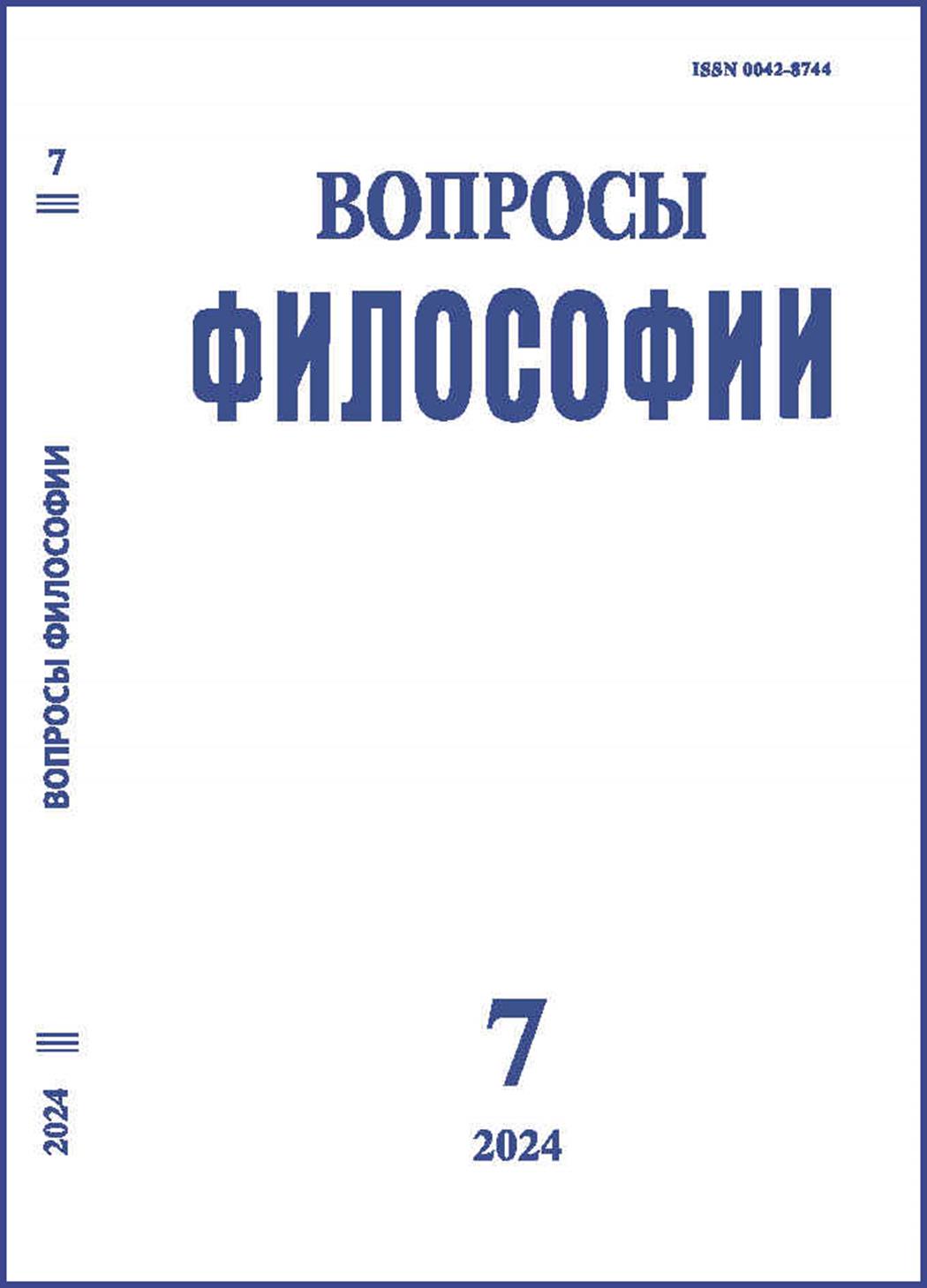Conceptual Five-membered Lists in the Tradition of Yoga Philosophy
DOI:
https://doi.org/10.21146/0042-8744-2024-7-161-171Keywords:
definition, scope of the concept, classification, Indian philosophy, yoga, Yoga sutras, methodology, conceptual listsAbstract
The article treats the identification of a fundamental methodological feature peculiar to the classical Indian philosophy and Indian theoretical thinking in general.
The example of the tradition of yoga philosophy (yoga-darshana) is used. These
are lists of terms, always more than two-membered, that together cover a certain
thematical area. The material of the article consists of five five-membered lists.
First, three methodological guidelines of the researcher of the yoga tradition are
considered, which are thought to be prerequisites of any remarcable success. It is
stated that they are mostly ignored. Further, a statement is made based on Nyāya
classical author (Paksilalasvāmin) that these lists represent a key feature in the organization of the Indian systematic text. The factor preventing the elaboration and
application of such lists in the European tradition of thinking is briefly considered.
It comes out to be the distinction between concepts and judgments and an obvious
limitation of judgments by the dichotomy of affirmative and negative. Indian
thought, on the contrary, elaborated a theory of “mind contents” (jñāna) without
any distinction of concepts and judgements. The common field of the two methodological techniques, viz. the concept definition and conceptual enumeration is exemplified. On its basis, five conceptual lists of the yoga tradition are interpreted
with the identification of their uniform formal structure: modes of intentionality
(citta); events of intentionality (cittavrtti); “afflictions” (kleśa) i.e. unavoidable impediments to the goals of yoga; factors of meditation (dhyāna) and indispensable
behavioral self-limitations of a yogin (yama). It is argued that such lists are just
an example of the application of a common Indian methodological technique.

